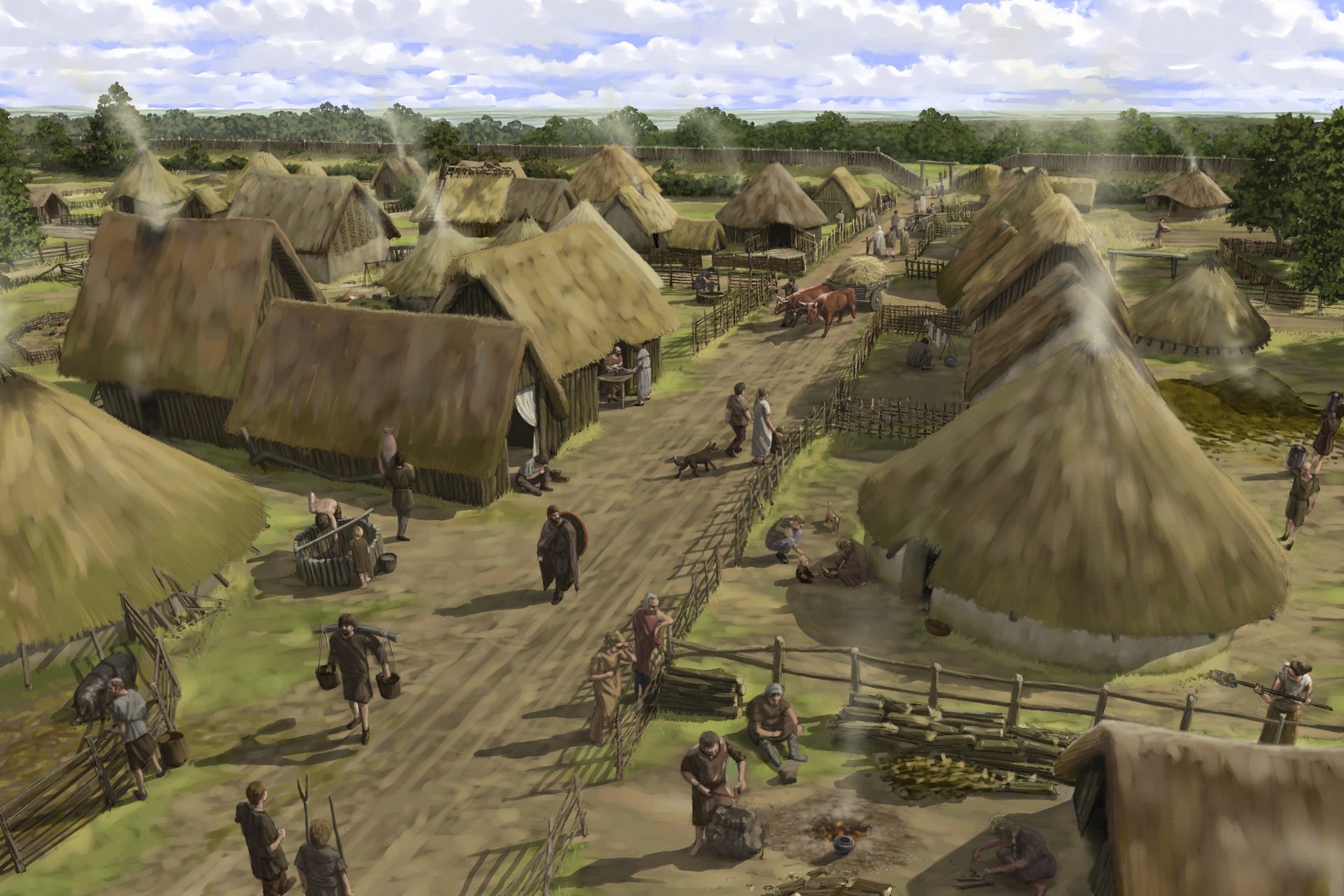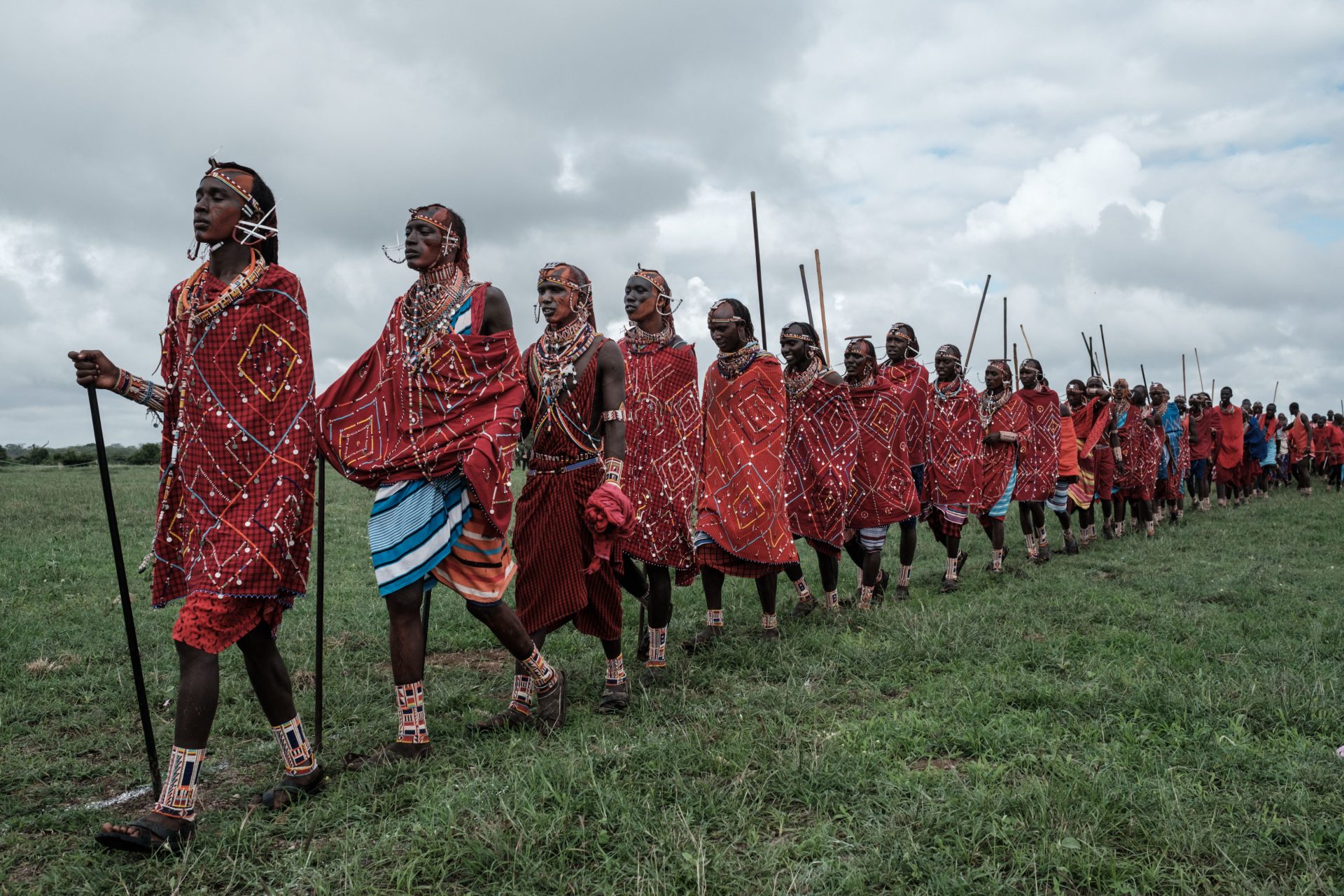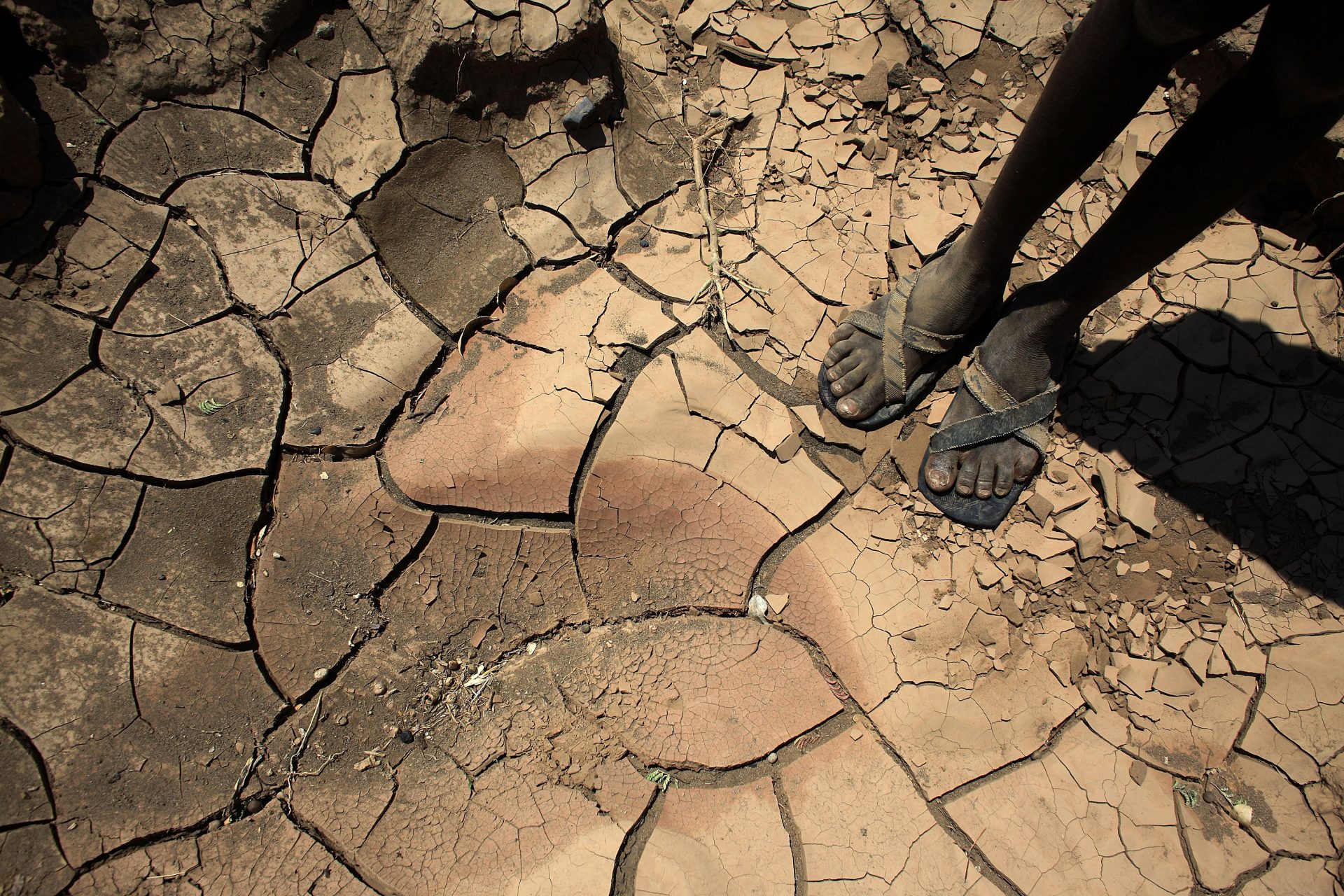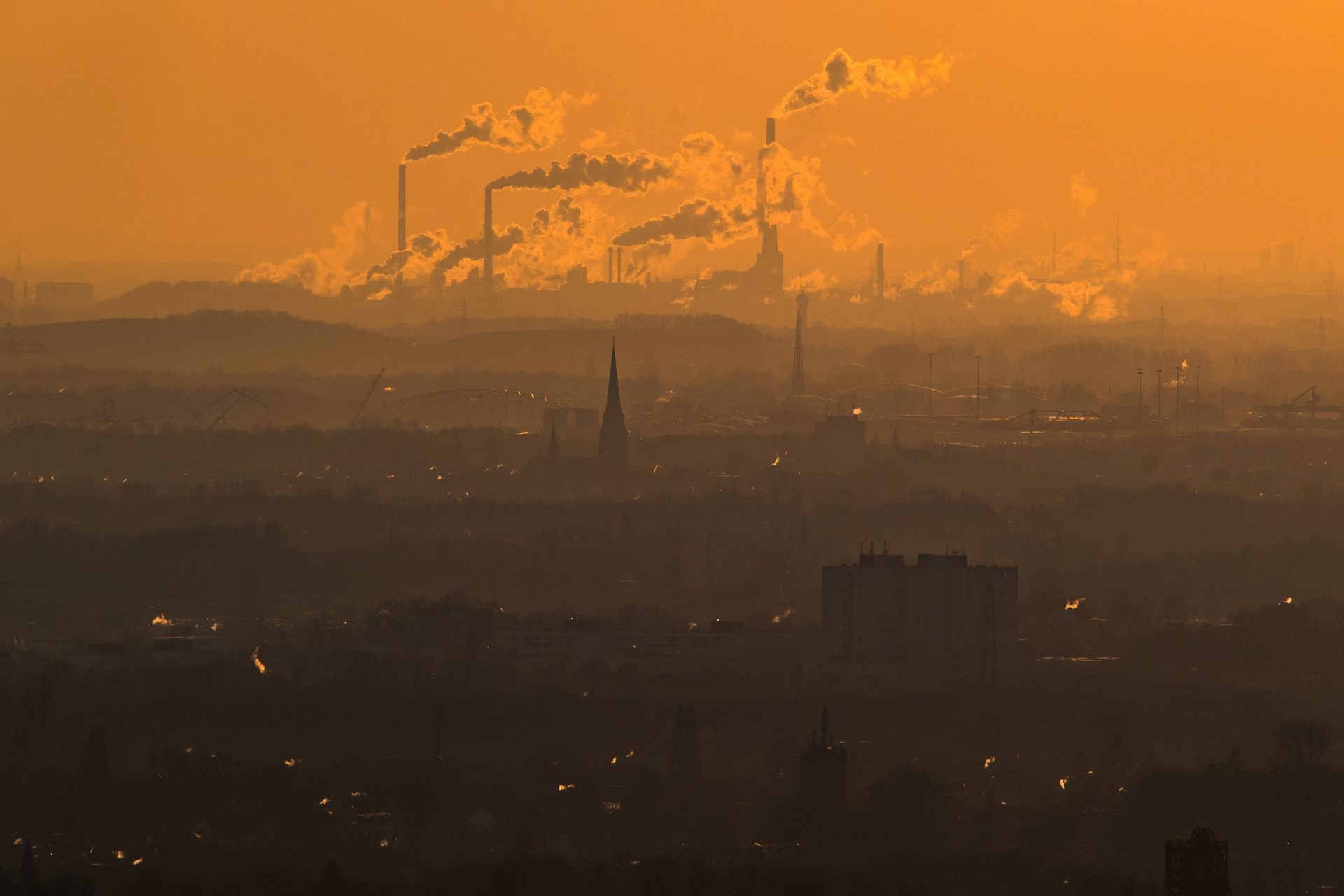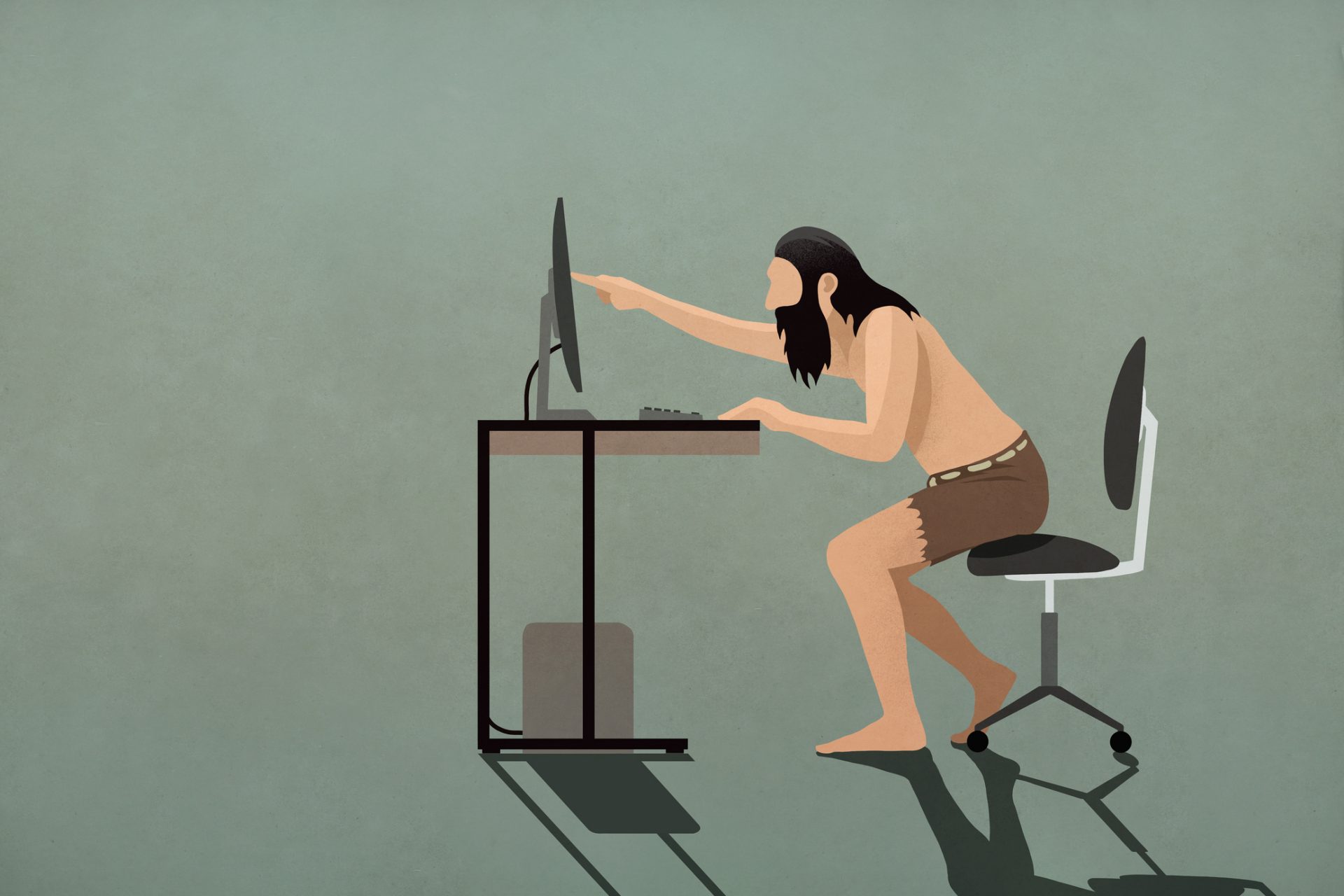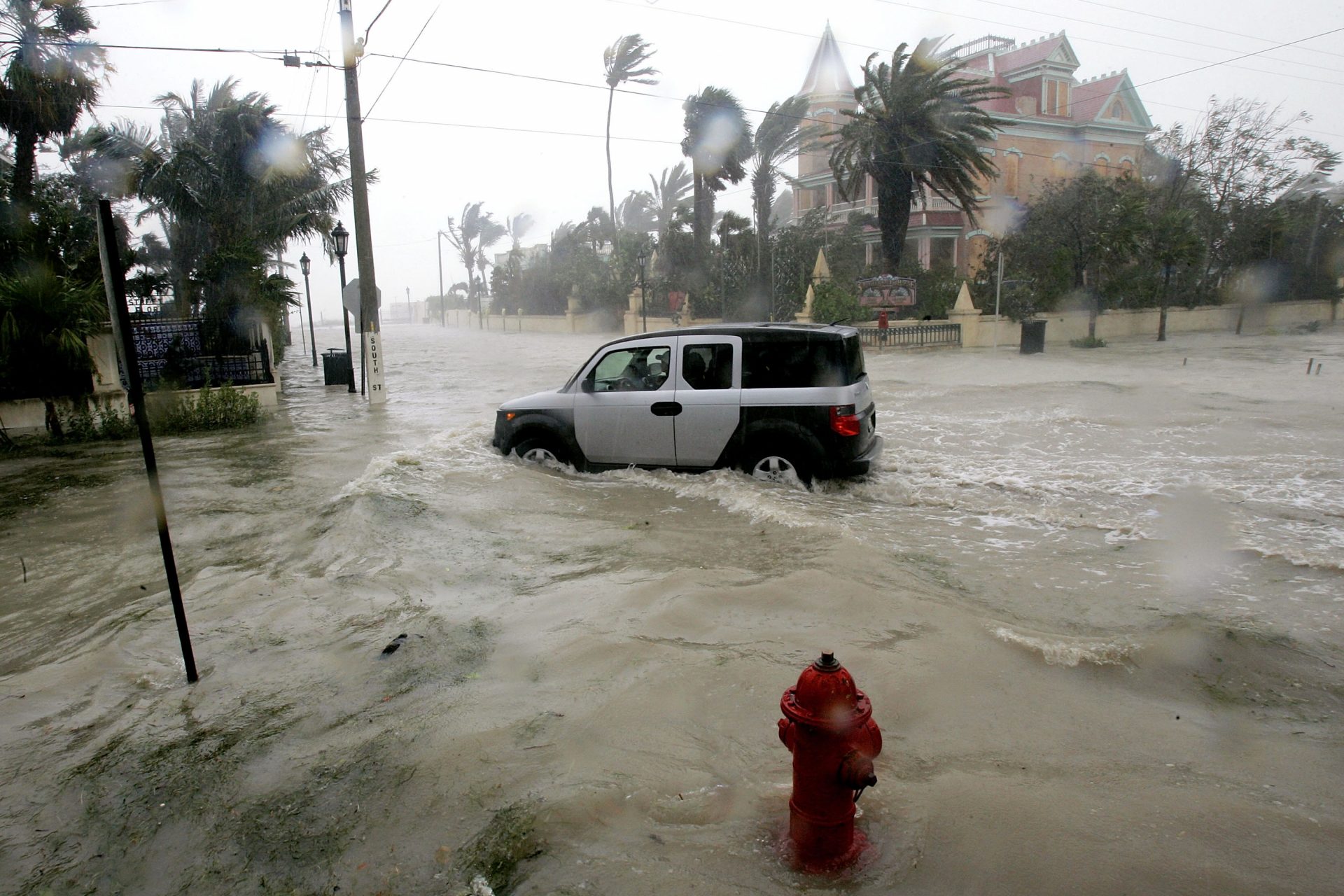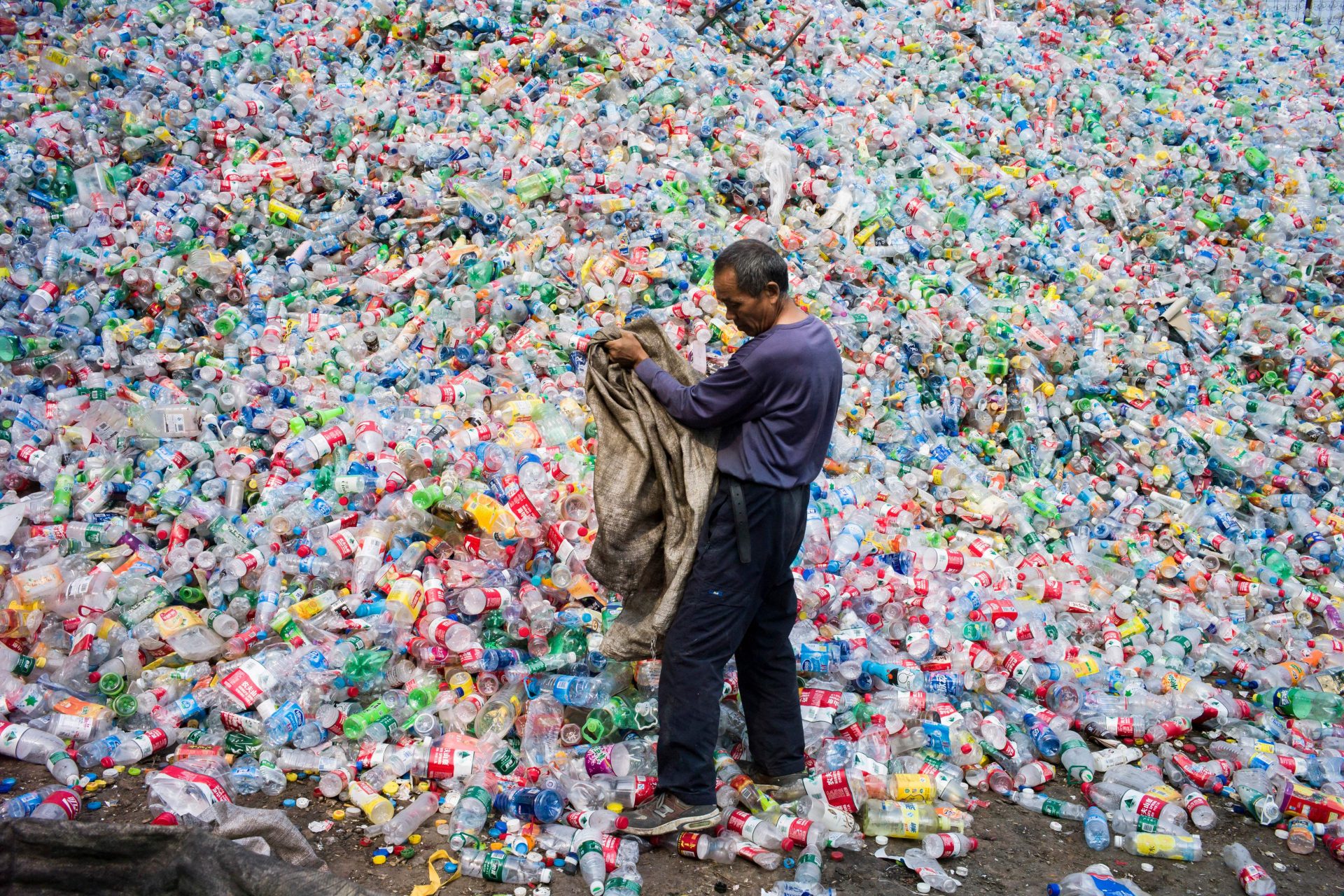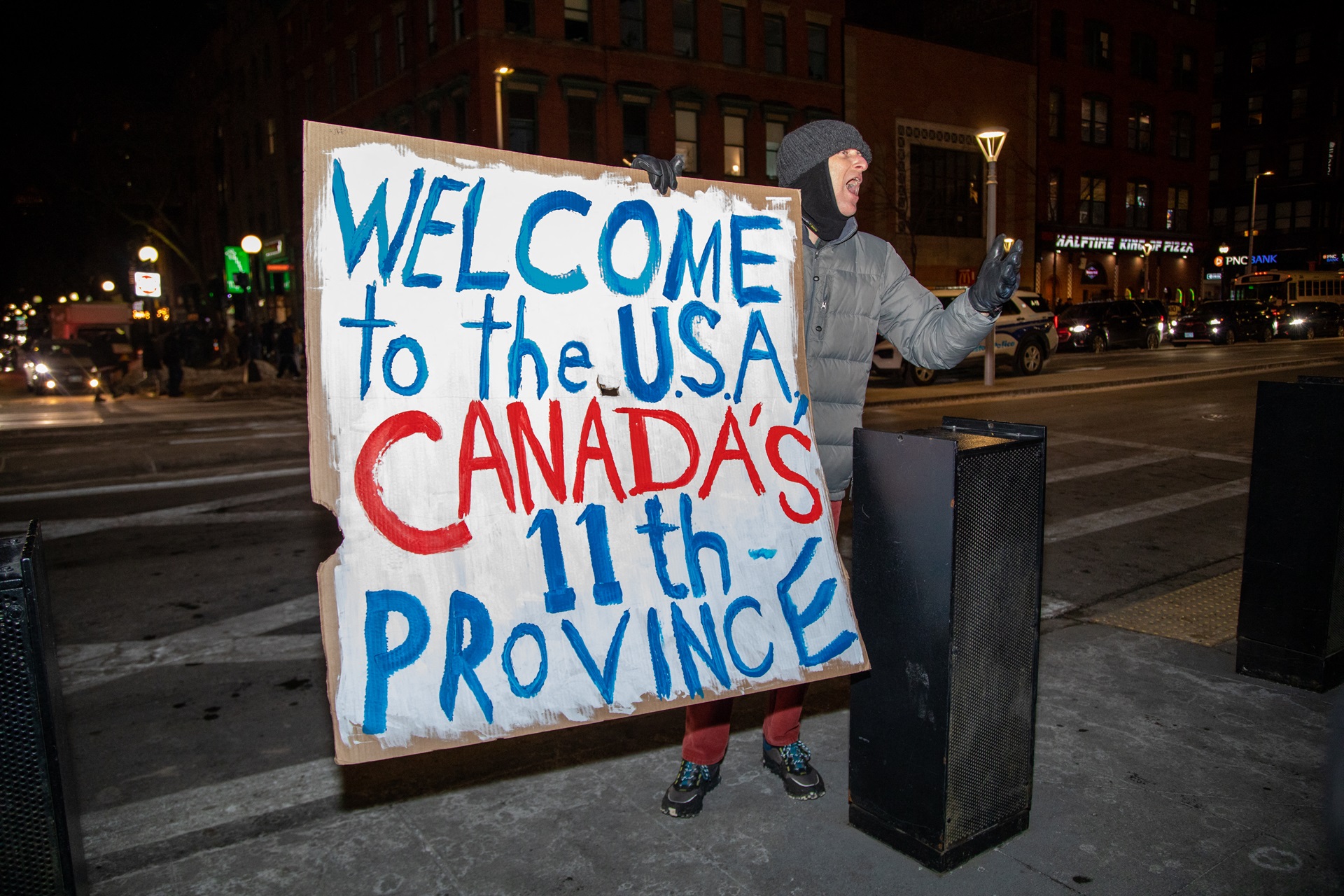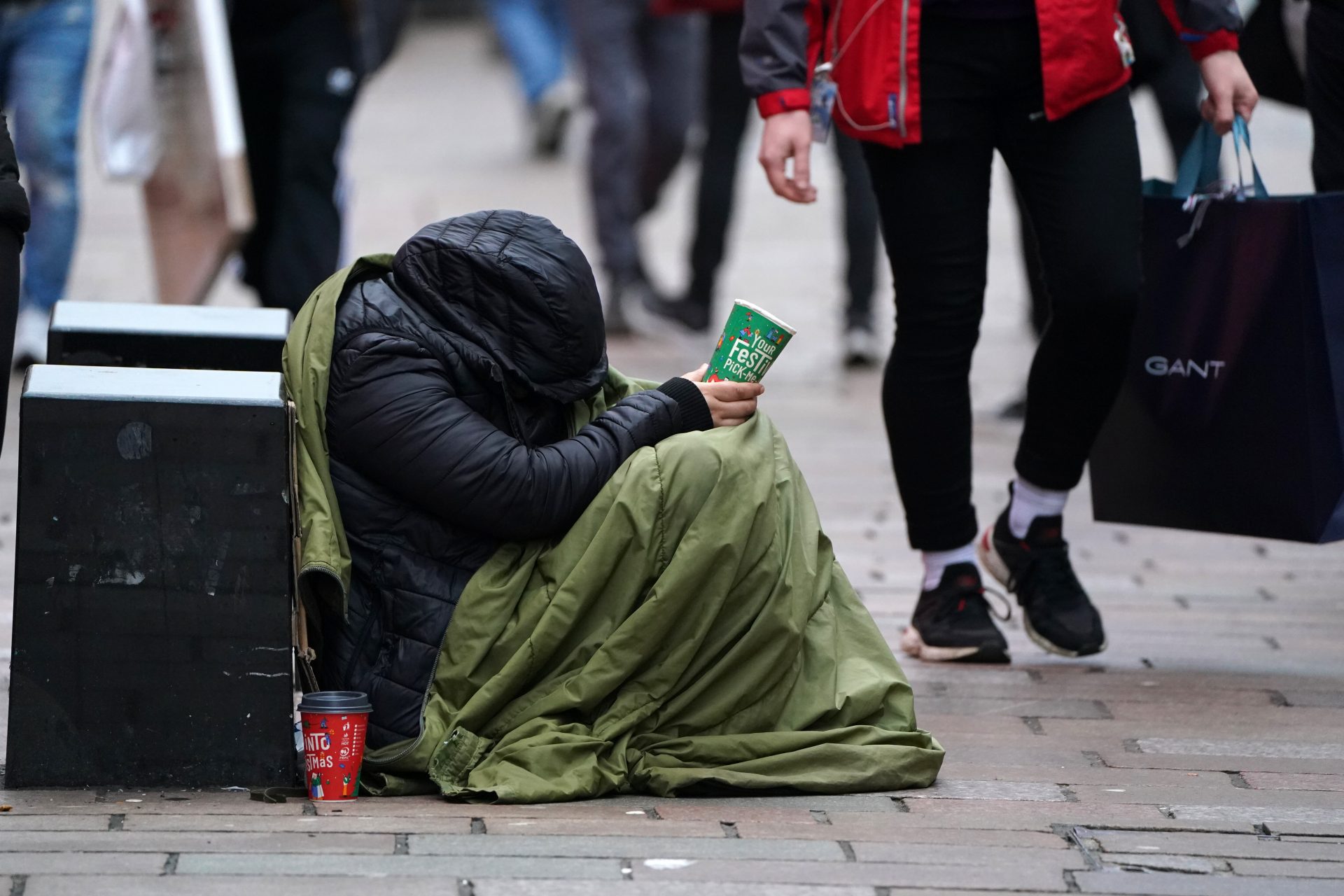Human evolution may be responsible for climate change
Climate change is one of the biggest challenges that humanity is currently facing. However, what if the way we consume and make use of nature is a trait ingrained in us?
A new study by the University of Maine led by associate professor Tim Waring asks if the same conditions that allowed evolution could also become an obstacle in fighting climate change.
The study, titled “Characteristic processes of human evolution caused the Anthropocene and may obstruct its global solutions”, was published by the Royal Society’s Philosophical Transaction, the world’s oldest scientific journal.
The researchers followed the impact humanity had on the planet over the last 100,000 years and its use of available resources.
Image: krysamon / Unsplash
According to Waring and his team, long-term human evolution has favored people that belonged to bigger groups that also exploited the biggest number of resources.
These traits, developed for thousands of years, helped our ancestors survive, organize themselves, and form the earliest societies.
However, the traits that helped up to establish the human civilization may be the very same that is harming (and could possibly kill) our planet.
According to EuroNews, the authors of the paper figured out that problem-solving skills are connected to using more resources and to a greater scale, whenever is necessary.
Warring and his team concluded that human beings always managed to come out on top in the face of life-threatening crises. However, not all is good news.
Image: jasongoodman_youxventures / Unsplash
The study also claimed that human beings were overall better at figuring out solutions once problems had reached a critical moment.
This might be bad news if we’re dealing with a race against the clock to save our planet from climate change.
“People currently feel that climate change is something that we will eventually solve”, University of Maine associate professor Tim Waring told EuroNews. “Because humans almost haven't come across a problem that we haven't been able to solve yet”.
However, Waring isn’t as optimistic: “I do want to add hope for humanity, but the point of this paper is not to be artificially positive, it's to accurately describe the challenge that we face”.
Scientists agree we live in the Anthropocene, that is, the permanent and irreversible impression humans have left on Earth define the current age of our planet.
According to the United Nations, the human effect on the climate will become irreversible by 2030, probably the most dire example of the Anthropocene at work.
What is true is that if humanity wants to do something to deal with climate change, a radical change is necessary. And it’s better to take action sooner rather than later.
More for you
Top Stories








